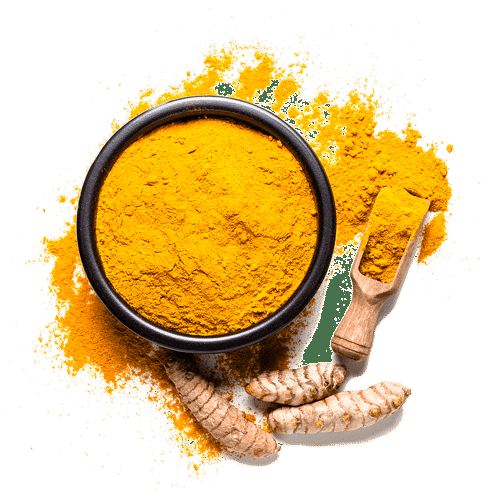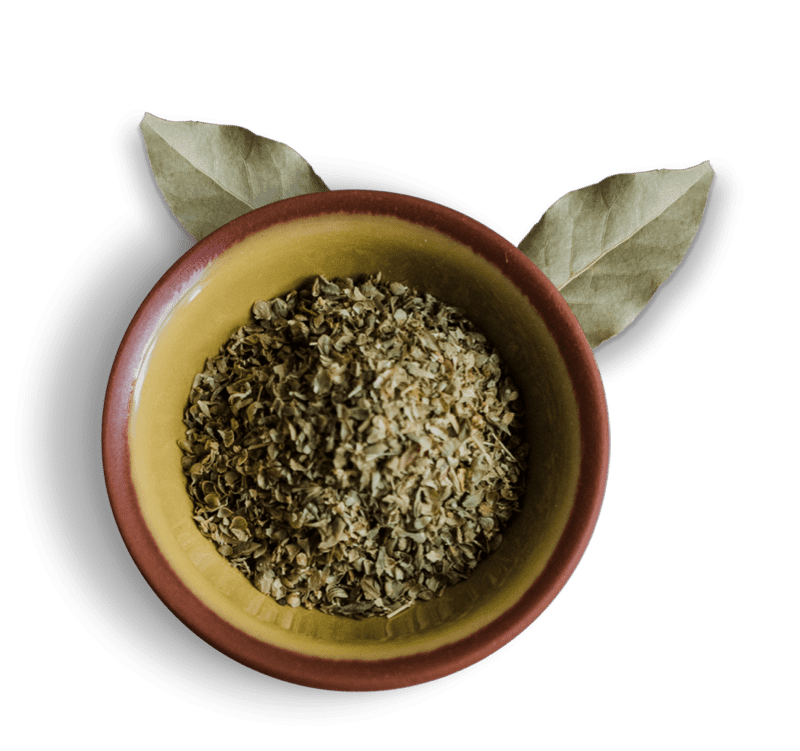turmeric

Turmeric — and especially its most active compound, curcumin — have many scientifically proven health benefits, such as the potential to improve heart health and prevent against Alzheimer’s and cancer. It’s a potent anti-inflammatory and antioxidant. It may also help improve symptoms of depression and arthritis.Turmeric, sometimes called Indian saffron or the golden spice, is a tall plant that grows in Asia and Central America.
The turmeric on shelves and in spice cabinets is made of the ground roots of the plant. The bright yellow color of processed turmeric has inspired many cultures to use it as a dye. Ground turmeric is also a major ingredient in curry powder.
Capsules, teas, powders, and extracts are some of the turmeric products available commercially.
Curcumin is the active ingredient in turmeric, and it has powerful biological properties. Ayurvedic medicine, a traditional Indian system of treatment, recommends turmeric for a variety of health conditions. These include chronic pain and inflammation. Western medicine has begun to study turmeric as a pain reliever and healing agent.
This article explores the nutritional content of turmeric, how it might benefit health, as well as some of its negative side effects.
